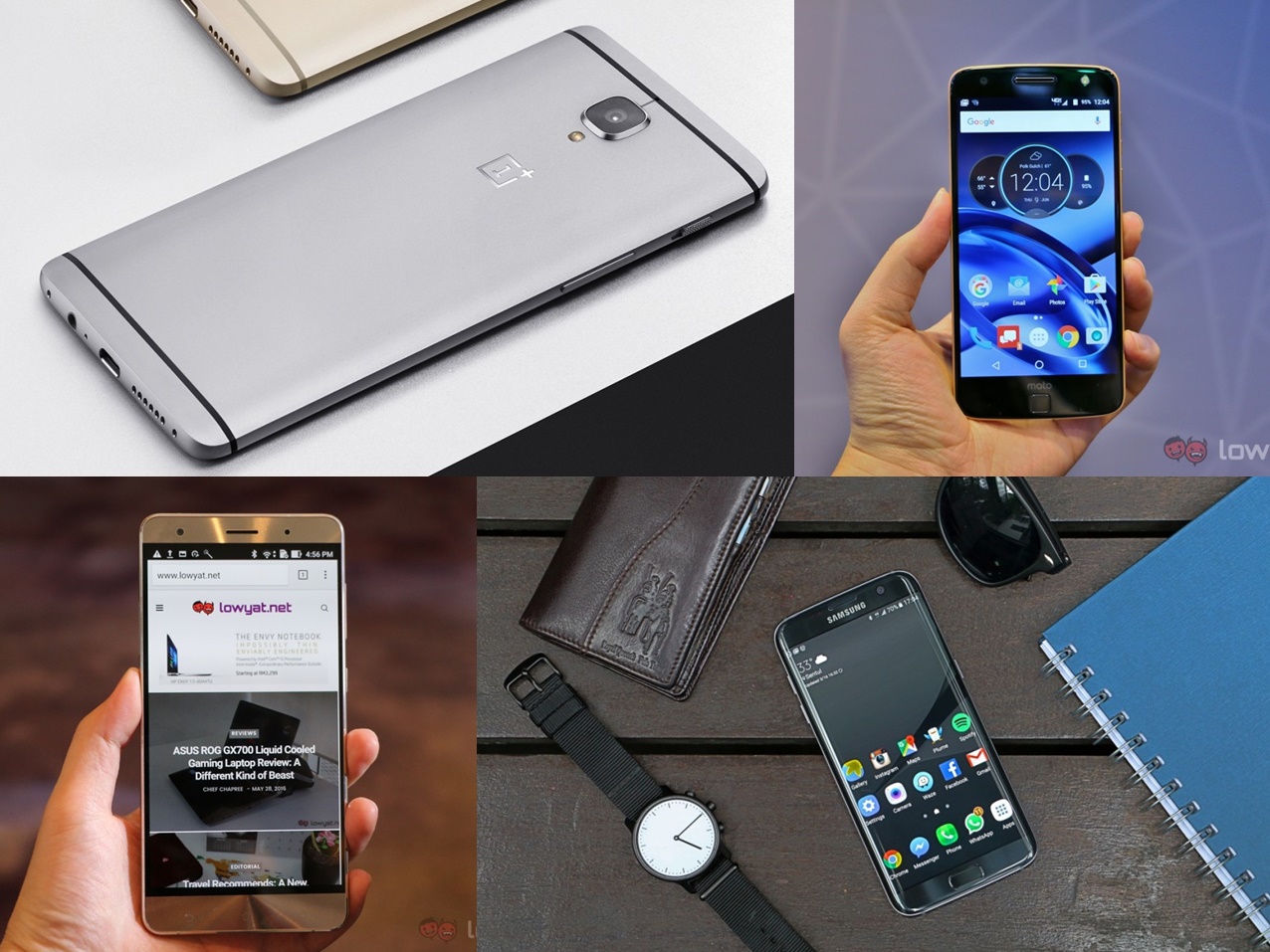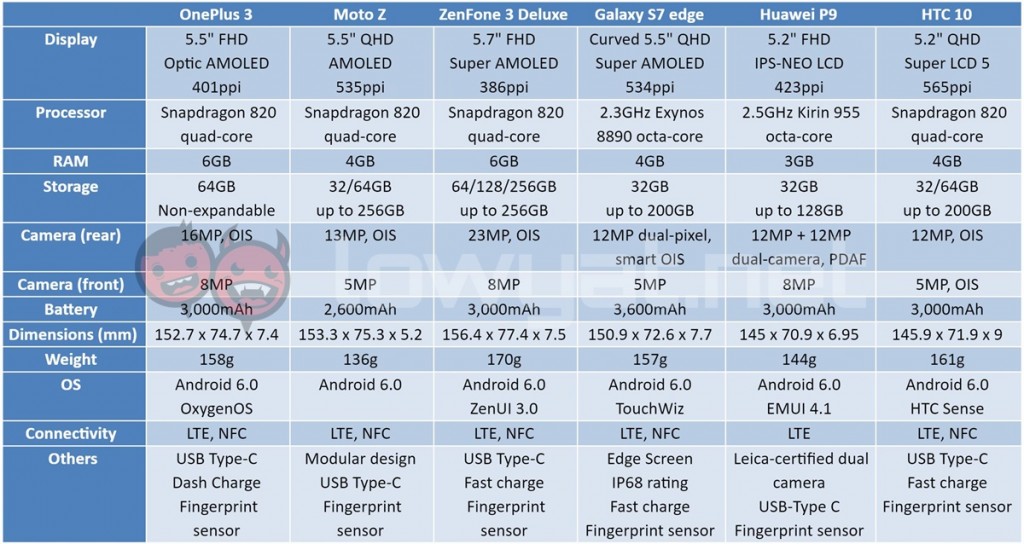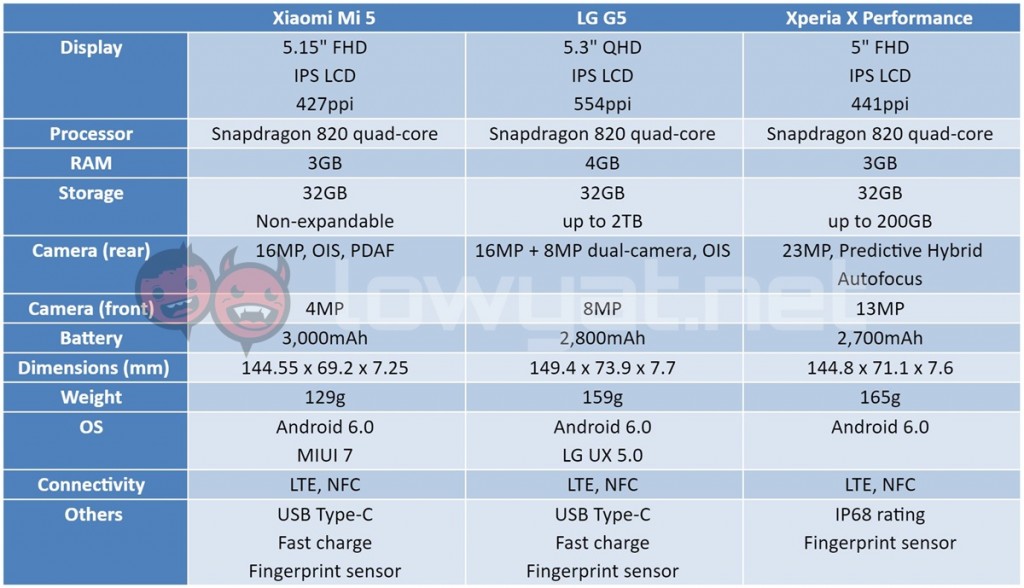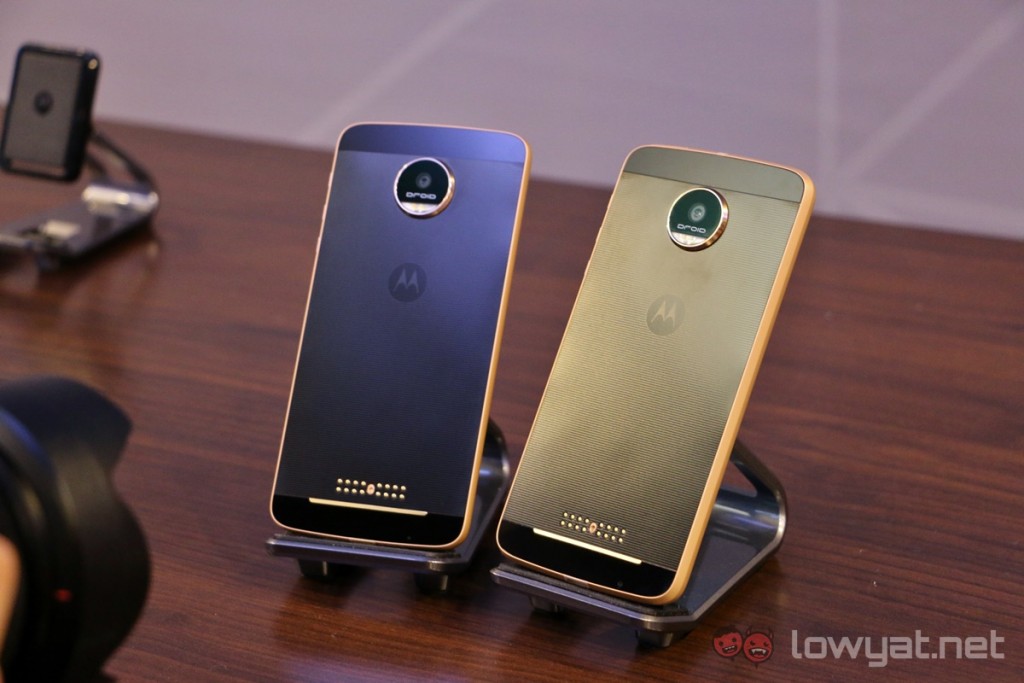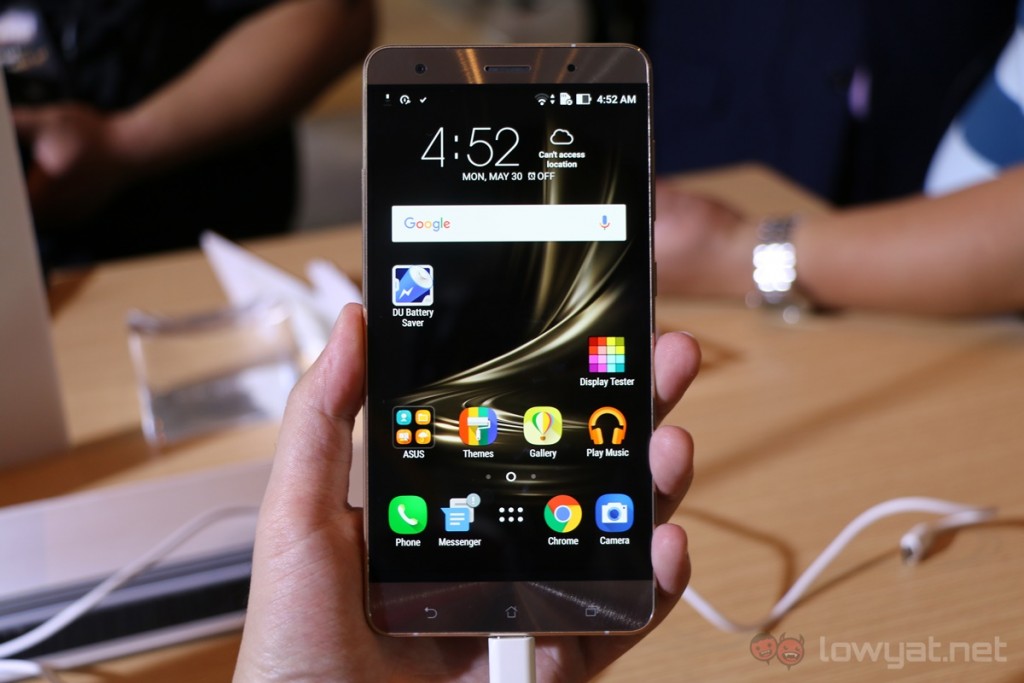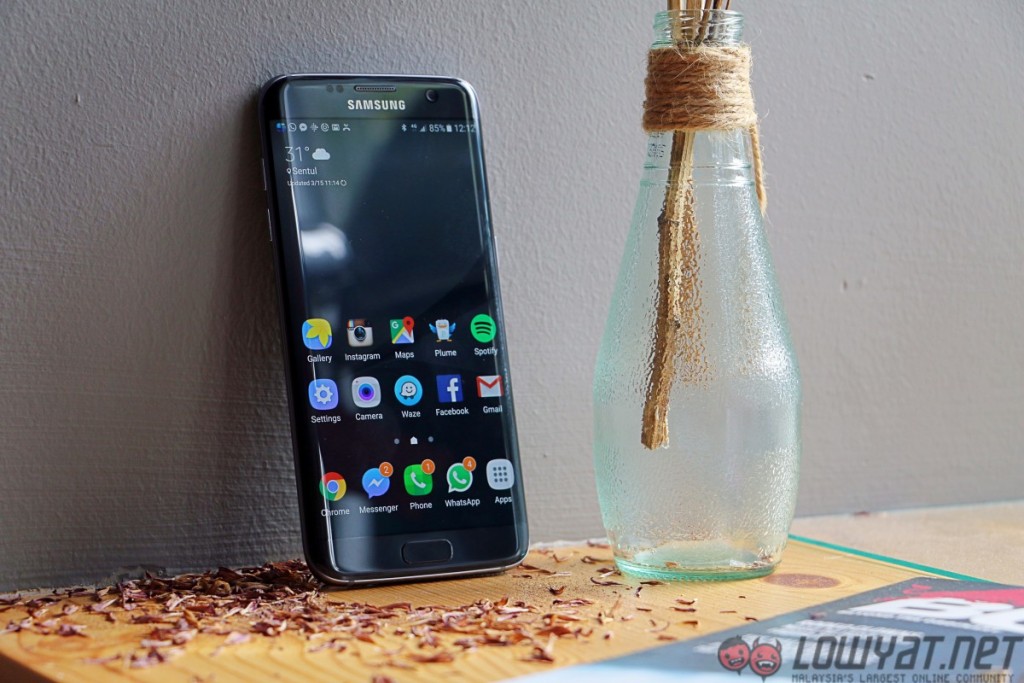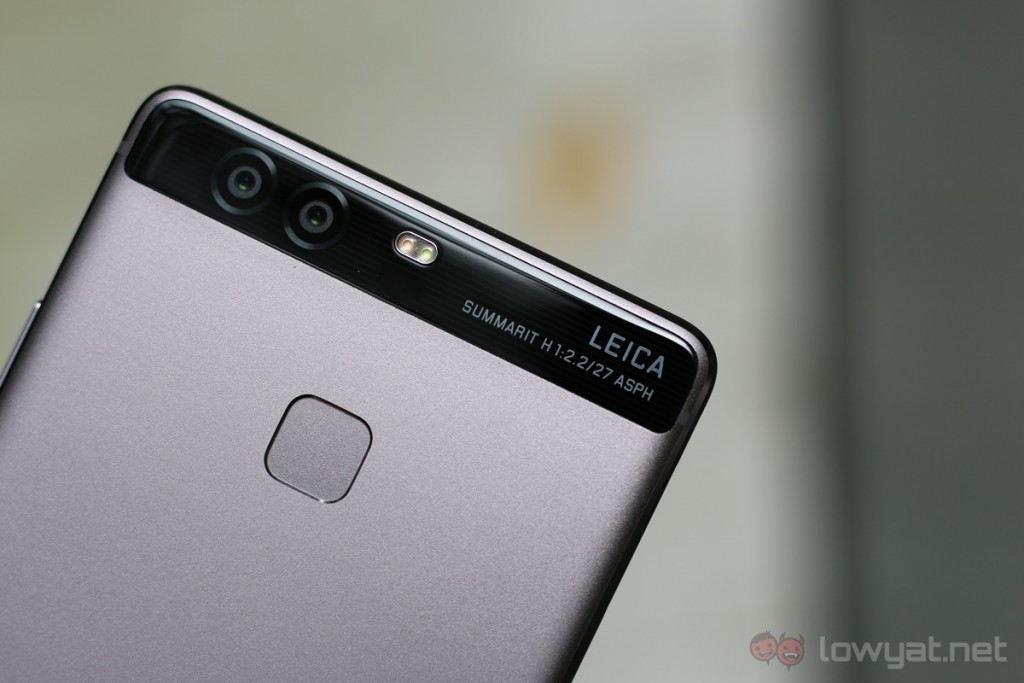We’re only halfway through 2016, yet we have seen plenty of flagship smartphones announced. Just recently, the OnePlus 3 was made official, along with Lenovo’s Moto Z and Asus’ ZenFone 3 series.
Naturally, an updated spec sheet is in order. Without further ado, let’s see just how these high-end flagship devices stack up to each other.
Right off the bat, we can see that the OnePlus 3 is a much better contender than last year’s OnePlus 2. It boasts a more premium all-metal design, a powerful processor, and most of all, 6GB of RAM: only the OnePlus 3 and the ZenFone 3 Deluxe have that much RAM in this list. Aside from that, it’s also very interesting that OnePlus isn’t even referring the OnePlus 3 as the “flagship killer.” It appears the young company is more humble now.
The Moto Z is the most unique device in this list. Much like the LG G5, the Moto Z is a modular smartphone, but its take on the concept is a much simpler one: users only need to attach different Moto Mods to the back of the device magnetically. The LG G5, on the other hand, requires users to take out the battery before they can swap to different modules. Evidently, the Moto Z’s modular design is more elegant.
And then we have the new ZenFone 3. In comparison to its predecessor, the third generation ZenFone is a drastic improvement. It has gained a more premium metal construction – without any unsightly antenna lines, at that – and a proper, high-end Snapdragon 820 processor paired with 6GB of RAM. Yes, it’s arguable if anyone would ever need that much RAM, but it’s better to have more than less, especially when it comes to memory.
Despite being one of the earliest flagship devices to be unveiled this year, the Samsung Galaxy S7 edge can still hold its own against more recent high-end devices. Heck, the S7 edge is arguably the best device in this list as well, thanks to its highly capable 12MP dual-pixel camera. Other than that, it’s also one of the very few devices with an IP68 rating – the other one being the Sony Xperia X Performance, which is not slated to be released in Malaysia anytime soon.
If we’re gonna talk about camera performance, we surely cannot ignore the Huawei P9. Although its “Leica-certified” dual-camera setup sound a lot like gimmick, it’s actually a very capable shooter when we put it to the test in our review. Of course, the P9’s camera performance is still not as good as the Galaxy S7 edge’s dual-pixel snapper, but it certainly is one of the best shooters in the market.
It’s amazing how many capable flagship smartphones have already been unveiled this year, and we haven’t even seen them all yet. There’s still the highly anticipated Samsung Galaxy Note 7, the rumoured pair of Nexus devices, and of course, the controversial next generation iPhones, which will allegedly not feature a 3.5mm audio jack.
As it is, consumers are already spoilt for choice when it comes to choosing the right flagship smartphone for them. Then again, most of these devices have not even been launched in Malaysia yet, with the Galaxy S7 edge and Huawei P9 being the exceptions. The Xiaomi Mi 5‘s local availability, as we know it, has been delayed to 25 June as well. Regardless, we certainly look forward to the arrival of these flagship devices on our shores.
Follow us on Instagram, Facebook, Twitter or Telegram for more updates and breaking news.

